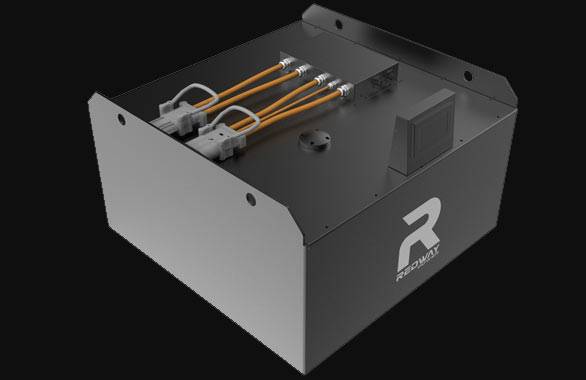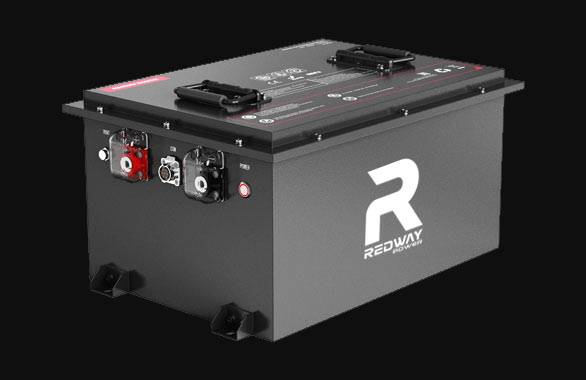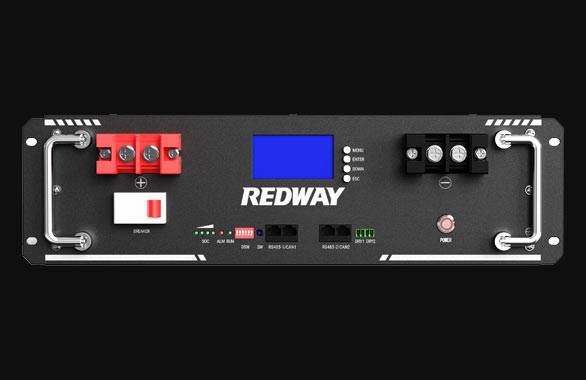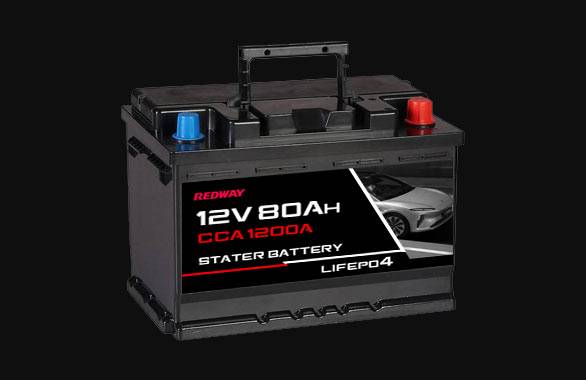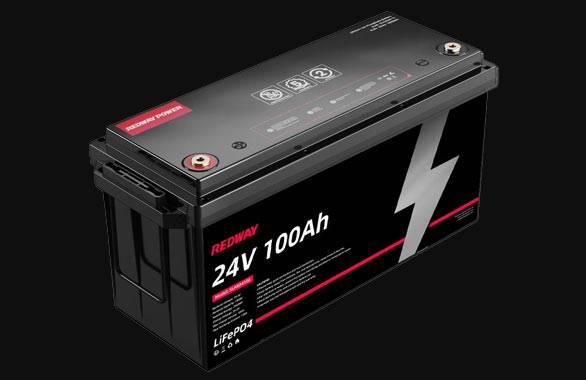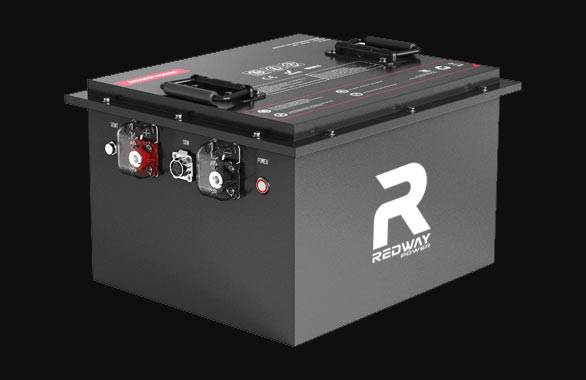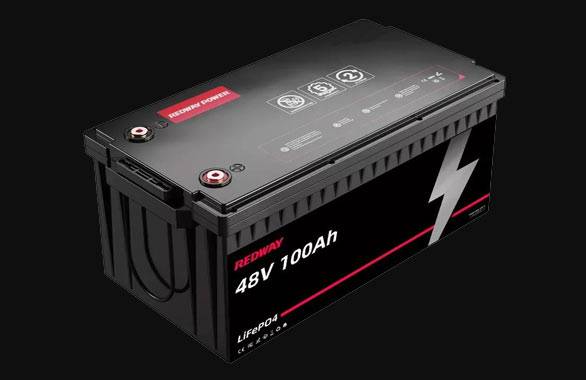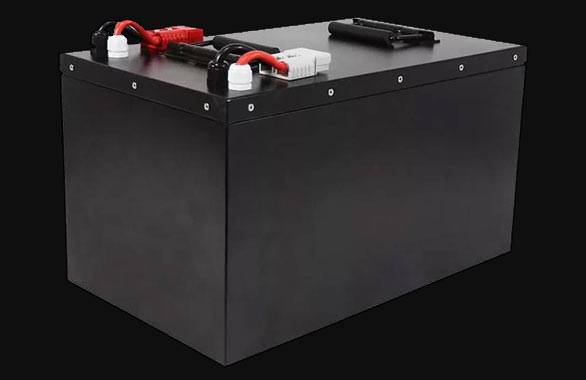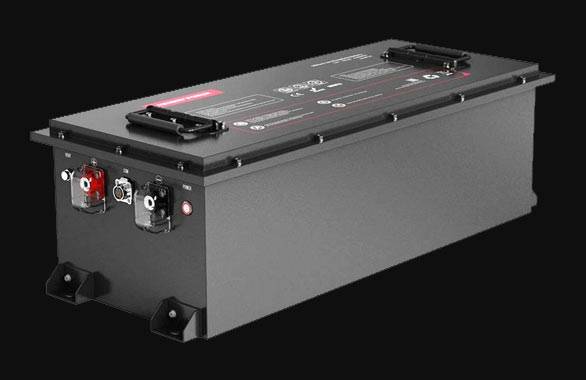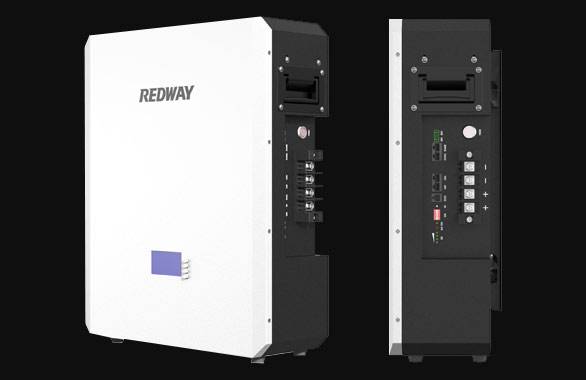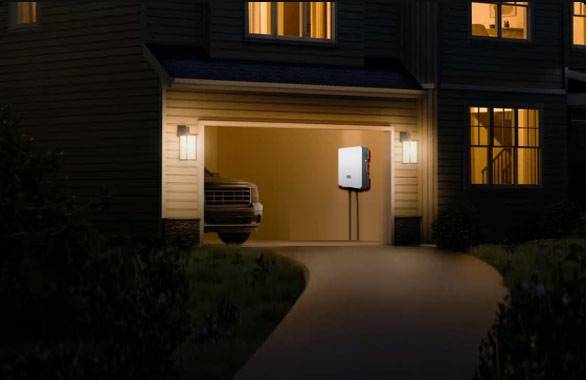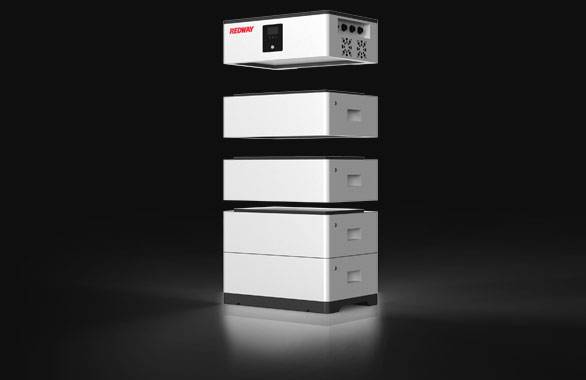- Forklift Lithium Battery
- Golf Cart Lithium Battery
- Rack-mounted Lithium Battery
51.2V 100Ah Rackmount LiFePO4 Battery
8000 times (80% DOD 0.5C)
Optional SNMP for TELECOM - Car Starter Battery
- 12V LiFePO4 Battery
12V 150Ah Lithium RV Battery
Bluetooth App | Self-heating
LiFePO4 | Group 31
UL 1642 | IEC 62619 - 24V LiFePO4 Battery
- 36V LiFePO4 Battery
- 48V LiFePO4 Battery
- 60V LiFePO4 Battery
60V 100Ah Lithium Battery (AGV, AMR, LGV)
Peak Discharge Current 400A
500 x 298 x 349 mm - 72V~96V LiFePO4 Battery
72V 100Ah Lithium Golf Cart Battery
Peak Discharge Current 315A (10S)
740 × 320 × 246 mm - Wall-mounted Lithium Battery
51.2V 100Ah 5kWh
Wall-mounted Battery532 x 425 x 170 mm / LiFePO4
>8000 Cycles (80% DOD 0.5C)
RS485 / CAN-bus
for Solar Home ESS - Home-ESS All-in-One
51.2V 32kWh
All-in-On HESS SystemPowerAll
51.2V / LiFePO4
>8000 Cycles (80% DOD 0.5C)
RS485 / CAN-bus / WiFi
All-in-One for Home ESS
What Makes The 36V 60Ah Battery Ideal For Golf Carts?
36V 60Ah batteries are optimized for golf carts due to their balance of power, efficiency, and compact design. These lithium iron phosphate (LiFePO4) systems deliver stable performance with a 36V nominal voltage and 2.16kWh capacity, supporting mid-range distances (40–60 km) while maintaining lightweight profiles. Their thermal stability and 2000+ cycle lifespan suit frequent stop-start usage typical in golf courses. Integrated BMS ensures safety, and modular sizing allows easy integration into cart frames.
Determine the Year of Your EZGO Golf Cart Using the Serial Number
Why Choose 36V Over Higher Voltages for Golf Carts?
36V systems avoid the complexity of higher-voltage wiring while delivering sufficient torque for slopes up to 15%. Unlike 48V/72V setups, they reduce cable thickness by 25%, cutting costs and fitting standard golf cart motor controllers rated for 250A–400A. Pro Tip: For courses with steep terrain, pair 36V packs with 500A peak motors to maintain hill-climbing power without voltage upgrades.
Golf carts prioritize maneuverability over speed, making 36V’s 15–25 km/h range ideal. Higher voltages increase RPM but require upgraded components like controllers and chargers—adding 30%+ to costs. For example, a 36V 60Ah LiFePO4 pack weighs ~22kg versus 28kg for 48V equivalents, improving energy-to-weight ratios. Transient loads during acceleration are smoother at 36V, extending motor lifespan. Transitional phrase: Beyond voltage considerations, runtime matters—60Ah provides 4–6 hours of continuous use, aligning with typical 18-hole rounds.
| Feature | 36V 60Ah | 48V 50Ah |
|---|---|---|
| Energy (kWh) | 2.16 | 2.4 |
| Typical Range | 50 km | 55 km |
| System Weight | 22kg | 28kg |
How Does LiFePO4 Chemistry Benefit Golf Cart Batteries?
LiFePO4 cells offer golf carts 4x the cycle life of lead-acid with 100% depth-of-discharge capability. Their flat discharge curve sustains voltage between 36V–32V under load, preventing power dips during acceleration. Pro Tip: Use low-temperature charging circuits if operating below 0°C—standard BMS may disable charging otherwise.
Unlike NMC or lead-acid, LiFePO4 maintains stable capacity even after 1500 cycles, crucial for daily golf cart use. For instance, a 36V 60Ah pack retains 80% capacity after five years versus lead-acid’s 18-month lifespan. Transitional phrase: Practically speaking, this reduces replacement costs by 60% despite higher upfront pricing. Thermal runaway thresholds at 270°C (vs. NMC’s 150°C) make them safer in enclosed battery compartments. Real-world example: A 36V LiFePO4 pack recharges to 80% in 2 hours, enabling quick turnaround during tournaments.
What Safety Features Protect 36V 60Ah Golf Cart Batteries?
Multi-layer protection includes BMS-driven overcharge/discharge cutoff, temperature sensors, and cell balancing. Built-in IP65 enclosures guard against water ingress during rainy rounds. Pro Tip: Avoid storing carts in direct sunlight—prolonged heat above 45°C accelerates capacity fade by 15% annually.
Advanced BMS continuously monitors individual cell voltages (±0.05V tolerance), preventing imbalances that cause premature failure. For example, if one cell hits 3.65V during charging, the BMS redirects current to others, ensuring uniform aging. Transitional phrase: Beyond electronics, structural design matters—steel-framed battery trays with vibration damping reduce physical stress during off-road use. Golfers often ask, “Can a single fault disable the entire pack?” Redundant MOSFETs in the BMS allow continued operation in bypass mode if one circuit fails.
| Risk | LiFePO4 Mitigation | Lead-Acid Risk |
|---|---|---|
| Overheating | Thermal fuses + BMS | Ventilation required |
| Short Circuit | 200ms cutoff | Potential acid leaks |
Redway Battery Expert Insight
36V 60Ah LiFePO4 batteries strike the ideal balance for golf carts—sufficient power density for hills, compact sizing for frame compatibility, and unmatched cycle life. Redway’s golf-optimized BMS includes terrain-responsive current limits, automatically adjusting discharge rates during slopes to prevent voltage sag. Our cells undergo 200+ duty cycle simulations to guarantee performance across 18-hole courses.
FAQs
Can I replace lead-acid with 36V 60Ah LiFePO4 without modifications?
Yes, if the battery compartment fits dimensions (typically 30x18x25cm). Verify charger compatibility—lead-acid chargers may overcharge LiFePO4 without voltage limiters.
How long does a 36V 60Ah battery last per charge?
4–6 hours depending on terrain. Flat courses achieve 60km; hilly routes reduce range by 30%. Always maintain 20% charge to prevent BMS shutdowns.
Understanding the Lifespan of Trojan Golf Cart Batteries


